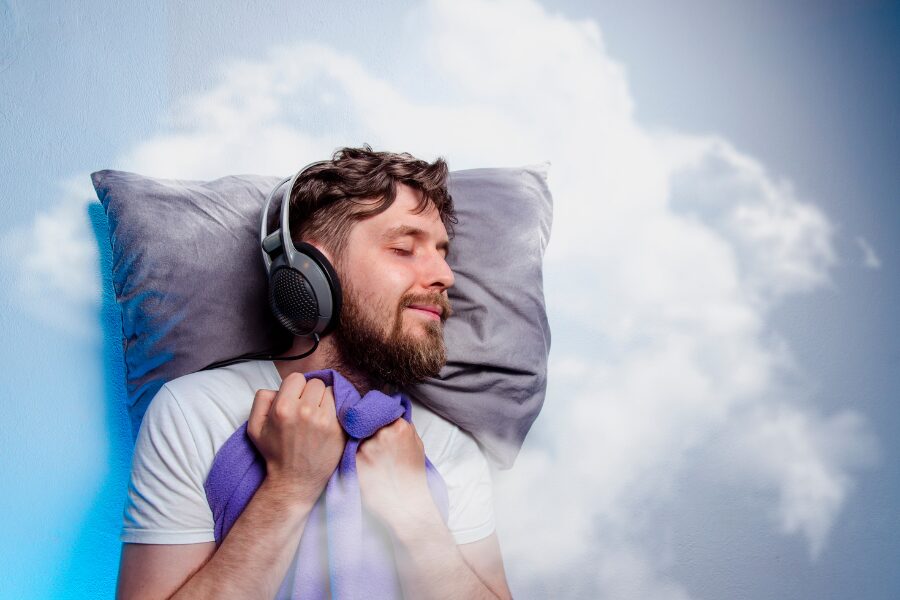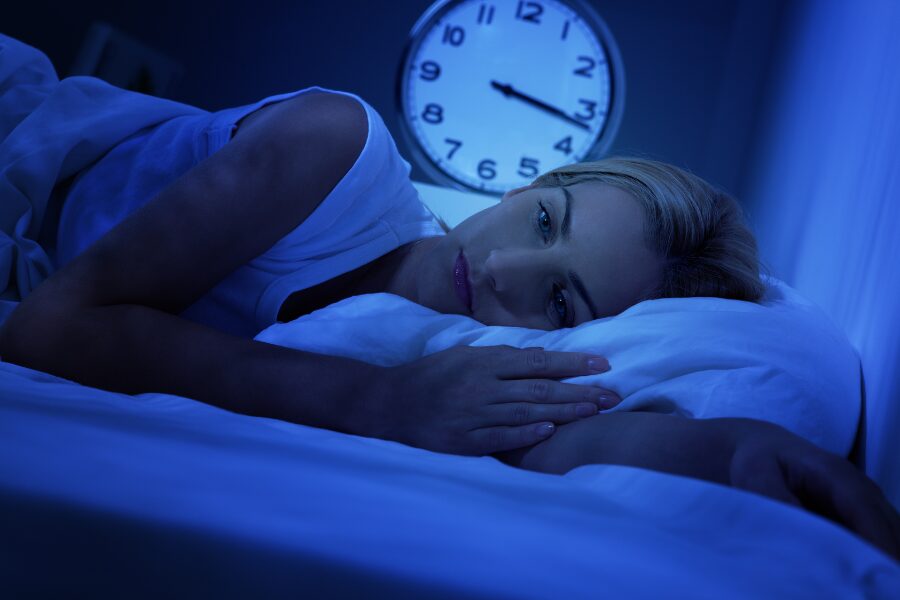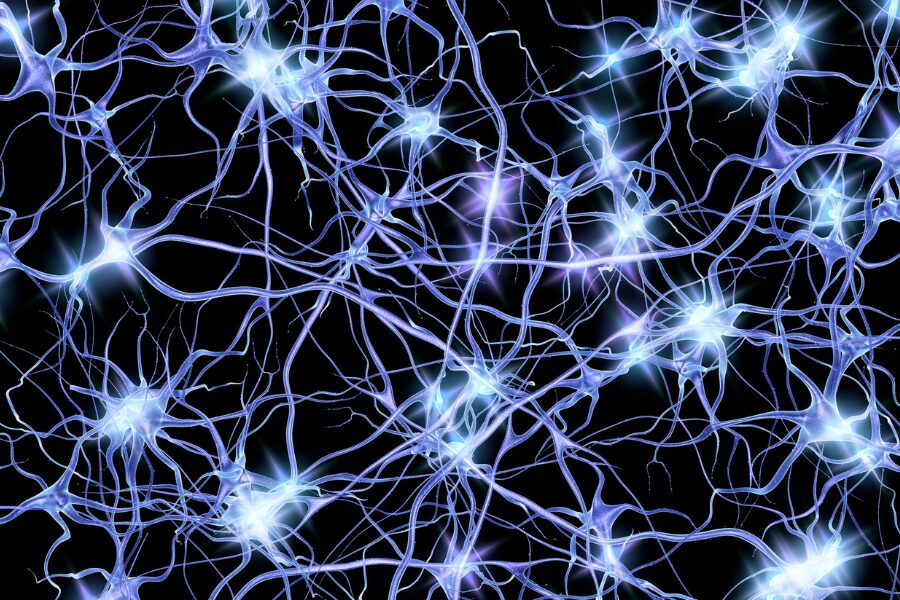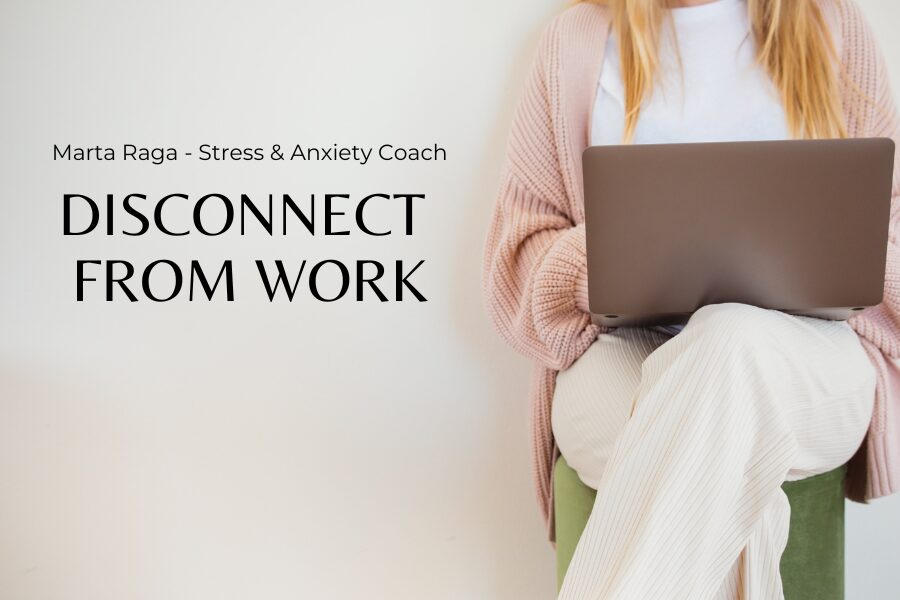Insomnia is a common yet disruptive condition that many individuals face, often exacerbated by underlying anxiety and stress.
Sleepless nights can lead to a vicious cycle where anxiety worsens due to lack of sleep, and insufficient rest further fuels stress, creating a significant impact on both mental and physical well-being.
In this blog post, we will explore the intricate relationship between anxiety, stress, and insomnia, and provide effective strategies to manage these issues, helping you achieve the restful nights you deserve.
Why is Anxiety Worse at Night?
Nighttime often amplifies anxiety due to the lack of distractions and the quiet environment, which allows negative thoughts and worries to surface more prominently. The mind has fewer tasks to focus on, making it easier for stress and anxiety to take over. Additionally, the anticipation of the next day’s responsibilities can contribute to increased anxiety levels as bedtime approaches.
Moreover, the body’s circadian rhythm can play a role. The natural decrease in cortisol levels (the stress hormone) at night can paradoxically make anxiety feel more intense. When the mind and body are supposed to be winding down, the discrepancy between the expected state of calm and the heightened state of anxiety can feel more jarring, making it harder to achieve restful sleep, increasing your insomnia levels.
How Anxiety and Stress generate Insomnia?
Anxiety and stress can significantly disrupt sleep patterns by triggering the body’s “fight or flight” response, releasing stress hormones like cortisol that make it difficult to relax and fall asleep. This heightened state of alertness can lead to insomnia, frequent awakenings, and non-restorative sleep, leaving you feeling exhausted and more anxious the following day.
Additionally, chronic stress can lead to the development of sleep disorders such as insomnia, sleep apnea, and restless leg syndrome. Persistent anxiety keeps the nervous system in a constant state of activation, preventing the deep, restorative stages of sleep necessary for physical and mental recovery.
Over time, this can weaken the immune system, reduce cognitive functions such as memory, attention, decision-making, and problem-solving, and exacerbate physical health issues, creating a vicious cycle of stress and poor sleep.
How Anxiety and Stress Affect Nervous System?
Anxiety and stress stimulate the sympathetic nervous system, which is responsible for the body’s stress response. This activation leads to increased heart rate, muscle tension, and heightened alertness, which are counterproductive to sleep. Chronic stress can also impair the function of the parasympathetic nervous system, which is essential for relaxation and recovery.
Furthermore, prolonged activation of the stress response can lead to dysregulation of the hypothalamic-pituitary-adrenal (HPA) axis, which controls the release of cortisol. This dysregulation can cause a persistent state of hyperarousal, making it difficult for the body to return to a calm state even when the immediate stressor is no longer present.
Over time, this can contribute to chronic conditions such as hypertension, cardiovascular disease, and anxiety disorders.
How to Calm Your Nervous System Quickly with Deep Trance Relaxation Techniques
Deep trance relaxation techniques can help shift your brain waves from the beta state (associated with active thinking and problem-solving) to the alpha state (associated with relaxation and calm). This shift promotes the production of calming neurotransmitters, such as serotonin and gamma-aminobutyric acid (GABA), which help activate the parasympathetic nervous system. As a result, these techniques can effectively reduce stress and anxiety, and prepare your body for restful sleep.
Deep trance relaxation operates on multiple levels. Emotionally, it activates the parasympathetic nervous system, fostering calmness and reducing the production of stress hormones. Mentally, it diminishes the “fight-or-flight” response, allowing racing thoughts to slow and a sense of tranquility to take hold. Physically, it lowers blood pressure, eases muscle tension, and can even boost the immune system. It’s like pressing a full-body pause button to beat insomnia!

Mastering Deep Trance Relaxation Before Bed: Steps and Free Sample
Curious to experience the difference?
I don’t just want you to take my word for it – I want you to experience the power of deep relaxation for yourself.
Simply click this link, follow the instructions and get comfortable in your bed ready to sleep, put on your headphones, and relax with this Deep Trance Relaxation technique to de-stress and prepare your mind, body, and emotions for sleep.
We’ve included our free sample DTR experience for you to try!
Click here👇 to grab your free session before it’s gone.
Repeat it as often as needed until you feel fully relaxed and ready to sleep.
Spoiler alert: my clients love it, and I know you will too!
Remember, prioritizing your sleep is crucial for optimal performance and enhaned well-being.
To your Well-being









0 Comments